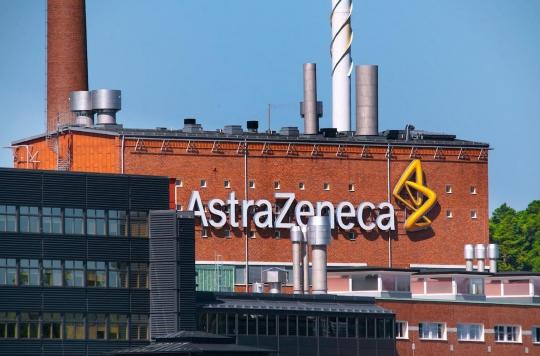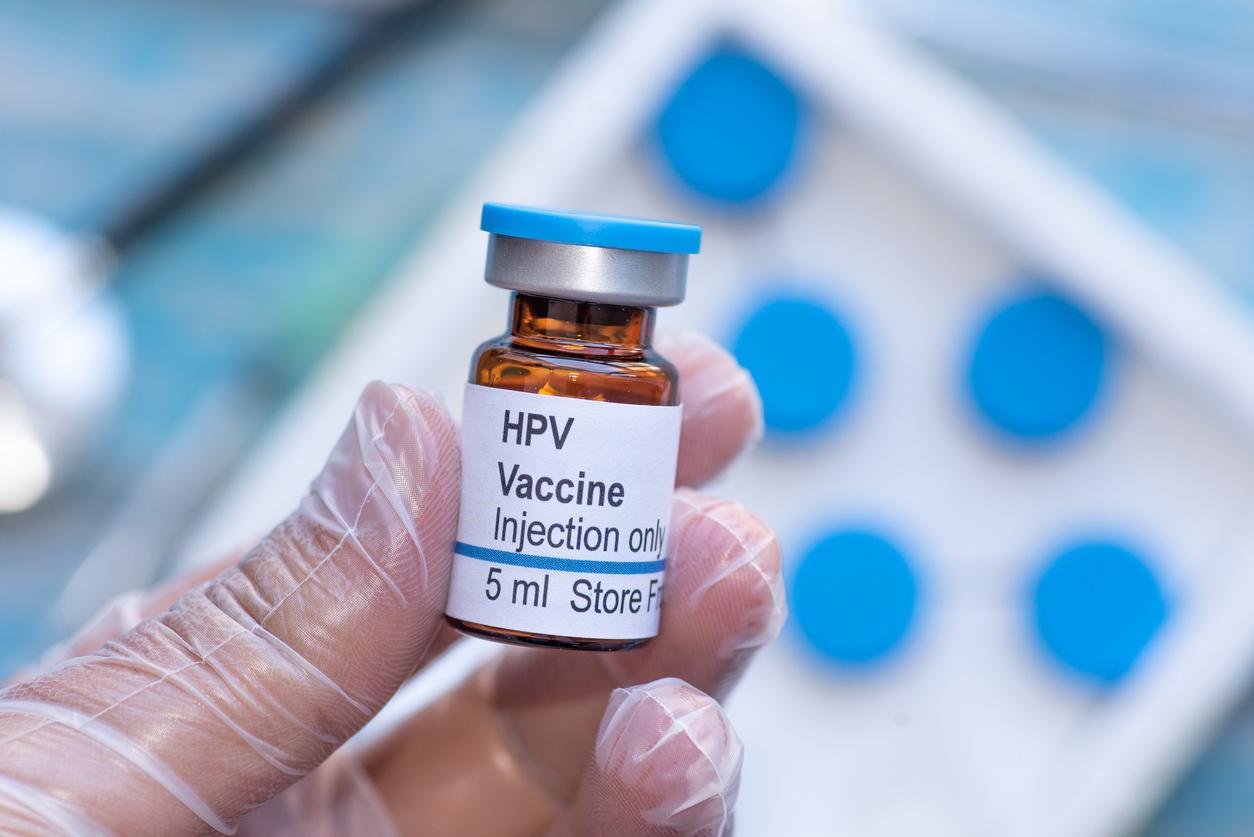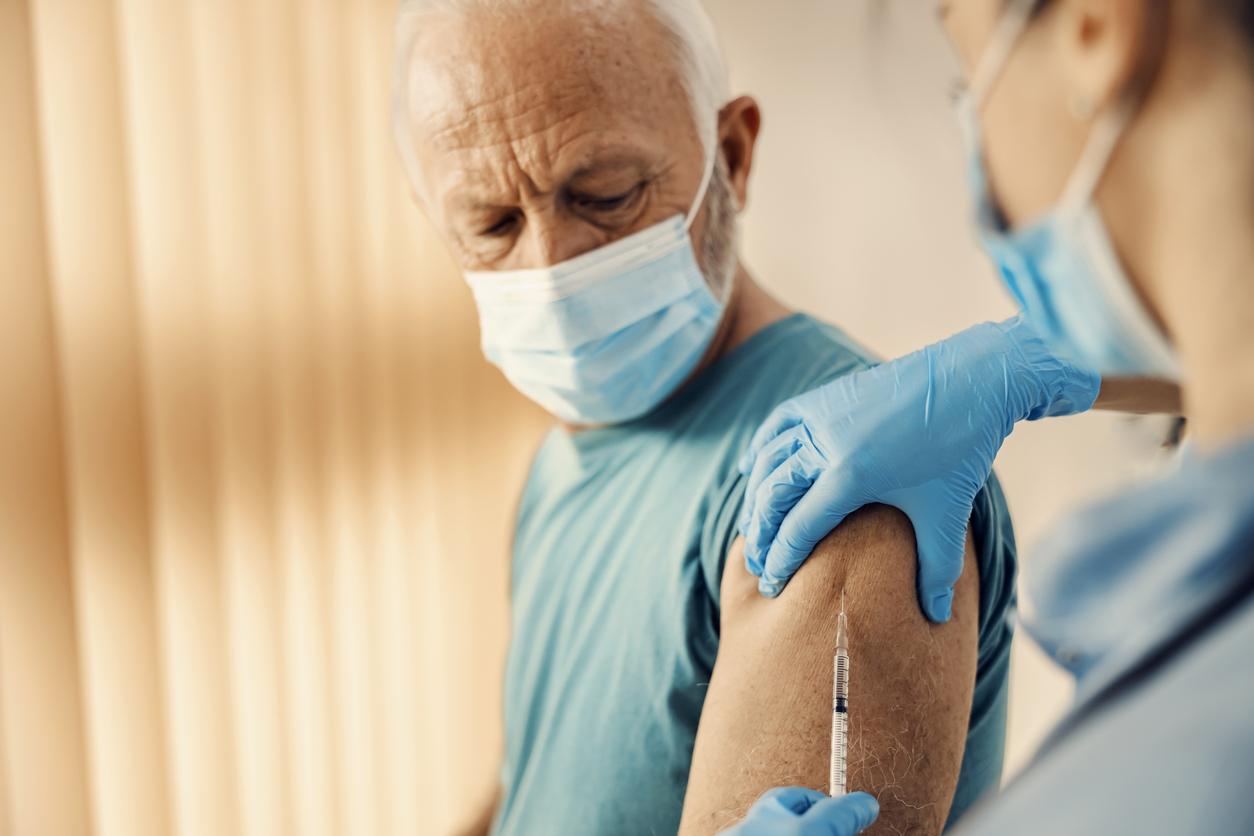The appearance of a “potentially unexplained illness” in a volunteer led the pharmaceutical group AstraZeneca and the University of Oxford to put their trials on a vaccine against Covid-19 on hold.

- The candidate vaccine data will be reviewed by an independent committee to understand what may have caused a bad reaction in one of the 30,000 volunteers taking part in phase 3 clinical trials.
- This is a precautionary principle which does not call into question the vaccine candidate.
This is a setback for one of the leaders in the global race for the Covid-19 vaccine. The British University of Oxford, in partnership with the Anglo-Swedish pharmaceutical group Astrazeneca, has just announced the suspension of the phase 3 clinical trial after a bad reaction from one of the volunteers. “We have triggered a vaccination pause as part of our process to allow review of safety dataan AstraZeneca spokesperson told FinancialTimes. This is a routine check that must occur whenever there is a potentially unexplained condition in any of the trials, to ensure the integrity of our trials is maintained..”
According to the New York Times who quotes a source wishing to remain anonymous, the victim of this reaction to the vaccine would be a Briton who would have developed transverse myelitis, an inflammatory syndrome of the spinal cord often triggered by a viral infection.
Developing a vaccine, a complicated journey
This pause in clinical trials falls under the precautionary principle. “Trials are often temporarily suspended when an adverse effect occurs in a patient, so researchers can notify sites where trials are also being conducted.recalled David Lo, professor at the University of California Riverside, to AFP. No doubt right now it’s just about being careful – it’s a pause, it’s not the same as saying ‘we can’t move on’”. Other adverse effects have previously been reported, “like fever, pain (…) so it could be something more serious“, he added.
The candidate vaccine data will be reviewed by an independent committee to understand what may have caused a bad reaction in one of the 30,000 volunteers taking part in phase 3 clinical trials. This break shows that despite the frantic race in which the world’s laboratories are launched, nothing is certain and that developing a vaccine is not easy. The announcement comes shortly after the bosses of nine pharmaceutical groups, including AstraZeneca, warned against a rush to authorize a vaccine through a joint press release published on September 8. They took the opportunity to reaffirm their “commitment to developing and testing potential Covid-19 vaccines with high ethical standards and sound scientific principles” and to add that they will not ask “an emergency use authorization for a vaccine only after it has demonstrated its safety and efficacy via a phase 3 clinical study”.
Beware of political turmoil
AstraZeneca and Oxford have already pre-sold hundreds of millions of doses of the vaccine candidate, more than any other pharmaceutical company developing a vaccine. They presented one of US President Donald Trump’s greatest hopes to begin a vaccination campaign ahead of the US elections on November 4. Through their press release, the nine major pharmaceutical groups (AstraZeneca, BioNTech, GlaxoSmithKline, Johnson & Johnson, Merck, Moderna, Novavax, Pfizer and Sanofi) indirectly targeted it to calm the political game and recall that the health and security interests must take precedence in the implementation of a vaccine.


















